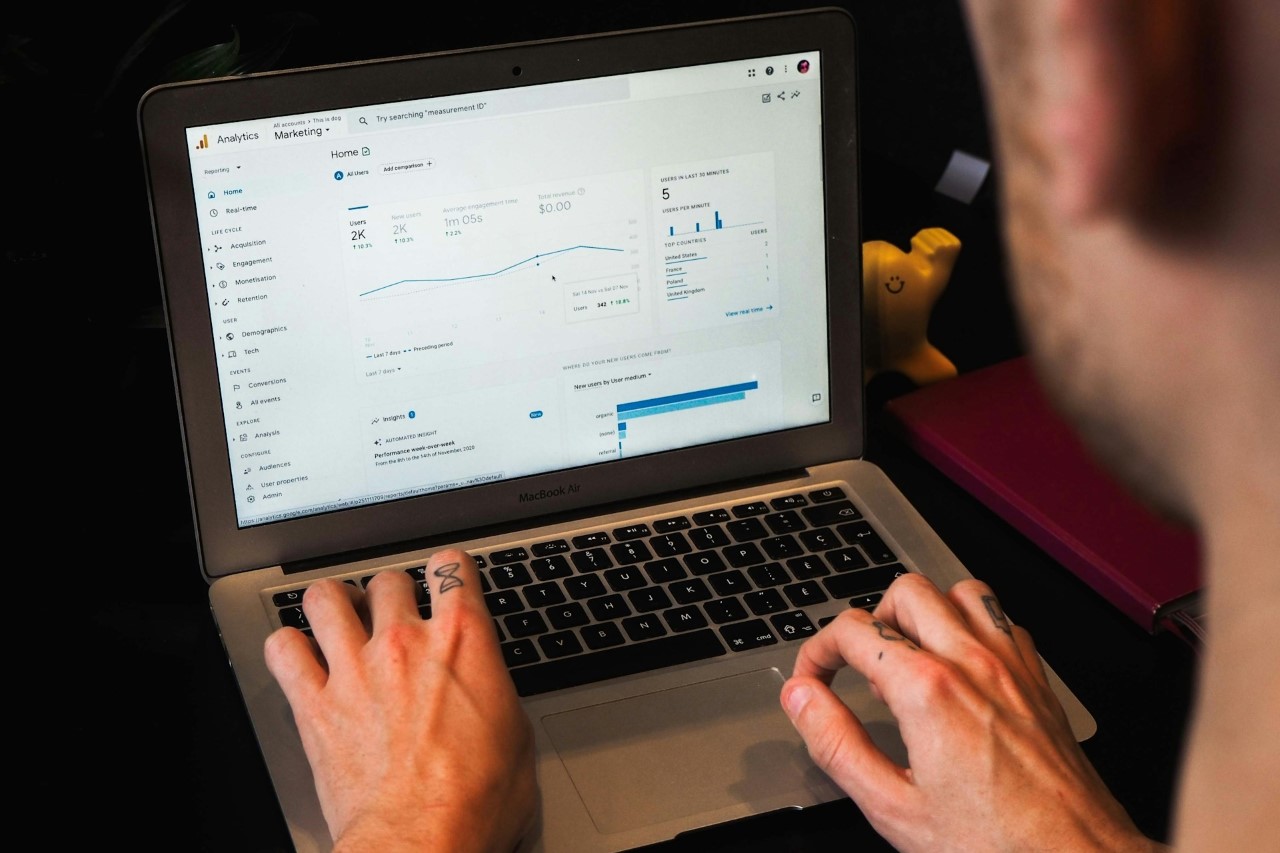No matter what you sell or when you established your company, you’ve probably heard that a growing number of enterprises use big data in business to improve their operations. Maybe you’re interested in doing the same but haven’t thought much about putting your plans into action. Here are six ideas.
1. Study Customer Service Trends
A big data platform can show you patterns in gigantic collections of information. You could benefit from those findings by using them to determine how to improve your customer service.
For example, maybe the data shows an increase in the number of questions about a topic that you previously assumed people would rarely discuss in their conversations with customer service agents. In that case, you might tweak the training given to your team so that they are better able to answer questions about those subjects authoritatively and efficiently.
You might also discover through big data that a high percentage of people said a particular representative lacked empathy when hearing about their issues. That finding could encourage you to provide extra coaching for the employee and talk about how to improve.
2. Give Shoppers What They Want
You could also depend on big data in business to get a better understanding of how to grow sales by improving the experiences people have at your website. If customers perceive that you offer relevant content, they’re more likely to linger on the site and want to buy things.
One possibility is to let a big data platform figure out related products that people may want to buy. If a person adds an assortment of gourmet coffee to their virtual shopping cart, the system may suggest that they buy a package of high-end cookies that pair nicely with their beverage varieties.
Big data is also useful for telling you how to keep visitors on a website for as long as possible. It may tell you whether a promotional offer for 25% off purchases over $50 or a buy-one-get-one-free coupon is more appealing to people who were otherwise ready to leave the site and shop elsewhere.
3. Protect Your Company From Fraud
Fraud is a genuine problem in the business world. Some people are dishonest and will do anything they can to make situations work out in their favor while harming companies.
Some consumers commit return fraud by wearing new garments while hiding the tags, then return those pieces of clothing to the store shortly after that. Others investigate the various ways to game a system through retail fraud, racking up extra freebies or double points for things they never purchased.
There’s a growing need for big data in business because there will always be a relatively small but measurable percentage of people who want to try to cheat companies through in-depth, creative methods. Technology can help stop them by picking up on unusual behavior patterns that could indicate things are amiss. One initiative to help JCPenney use big data for this reason saved the fraud detection team a month’s worth of effort per year.
4. Anticipate What’s Ahead
Businesspeople would love to predict the future. Technology can’t do that with total accuracy, but it can help you learn what customers will need and want in the short and long-term.
Research conducted about 2019 holiday shopping trends showed that people searched for the keyword phrase “gift box” on their mobile phones 1.85 times more often during the previous two years than during earlier periods. Given that uptick, brands might cater to the emerging need by offering upscale gift boxes for wrapping presents or pick out a collection of themed goodies for a prepackaged gift box.
Big data platforms can also highlight the connections between buying behaviors, making it easier for companies to ensure they can accommodate needs. Examining factors such as weather, travel choices and geographical preferences, then tying those things to purchase statistics could help companies see which aspects make people more or less likely to buy.
5. Safeguard Against Internet Threats
A successful cybersecurity attack could severely impact your business by making its digital infrastructure unusable. Some criminals lock down access to crucial files or stop computers from functioning normally by infecting them with malware. Others steal customers’ personal information.
Some business applications of big data make it easier to fight back against online risks. Those tools earn what constitutes normal behavior across a network, then issue alerts when the occurrences go too far outside of those boundaries.
Historical information can also help company leaders understand where vulnerabilities exist and how hackers would exploit them if given a chance. If businesses get infiltrated and want to prevent future issues, big data could show the best options for enhancing defenses in cost-effective ways.
6. Make More Informed Decisions
Another popular way to rely on big data in business is to use it for more effective decision-making. During any given week, you probably have to make dozens of decisions, many of which could directly affect how your company performs in the marketplace.
Investing in big data to help run your business enables using analytics to draw conclusions about how to attract more customers, when to launch new products and whether now is the right time to move into a different market. Those can be tough choices. Big data could give supplementary information that makes them easier.
Businesses should aim to get to the point where big data is an essential part of how they operate and allows them to move away from dependence on guesswork. Then, the chance of making expensive errors goes down.
Applying Big Data in Business Brings Progress
This list shows that you have numerous opportunities to bring big data into your company. The best approach to doing in ways that pay off is to examine your weak points and see how new information could help you strengthen those areas.
Recent Stories
Follow Us On
Get the latest tech stories and news in seconds!
Sign up for our newsletter below to receive updates about technology trends




